Auto-deleveraging (ADL) is a critical safety mechanism in crypto perpetual futures that protects trading venues from insolvency during extreme market stress. As explained by Ambient Finance founder Doug Colkitt, ADL acts as an emergency brake—cutting a portion of profitable positions when bankrupt liquidations exceed available market depth and insurance buffers.
Perpetual futures, or “perps,” are derivative contracts that mirror spot prices without expiry. Unlike traditional futures, they use funding rates to maintain parity between long and short positions. Since profits and losses are settled through a shared margin pool, not actual crypto delivery, maintaining solvency during volatility requires swift rebalancing.
Colkitt outlines the “risk waterfall” that venues follow: first, liquidating failing accounts near their bankruptcy prices; then using insurance funds or dedicated vaults to absorb unfilled losses. These vaults can profit from volatility by buying distressed assets at discounts, as seen when Hyperliquid’s vault earned $40 million during a recent crash. But when even these buffers are depleted, ADL steps in to preserve market balance.
In ADL, exchanges determine which traders are reduced first using a queue based on unrealized profit, leverage, and position size—meaning the largest and most leveraged winners are trimmed first. Though traders often view ADL as unfair, it’s structurally necessary. Perp markets are zero-sum; when liquidations fail and buffers run dry, venues must reallocate exposure instantly to prevent bad debt.
Colkitt emphasizes that ADL should remain rare but indispensable. It ensures that perpetual futures—synthetic reflections of spot markets—remain stable even under stress. Clear rules, transparent queues, and robust buffers help exchanges maintain trust and continuity, keeping ADL what it’s meant to be: a last-resort safeguard that keeps crypto markets running smoothly.






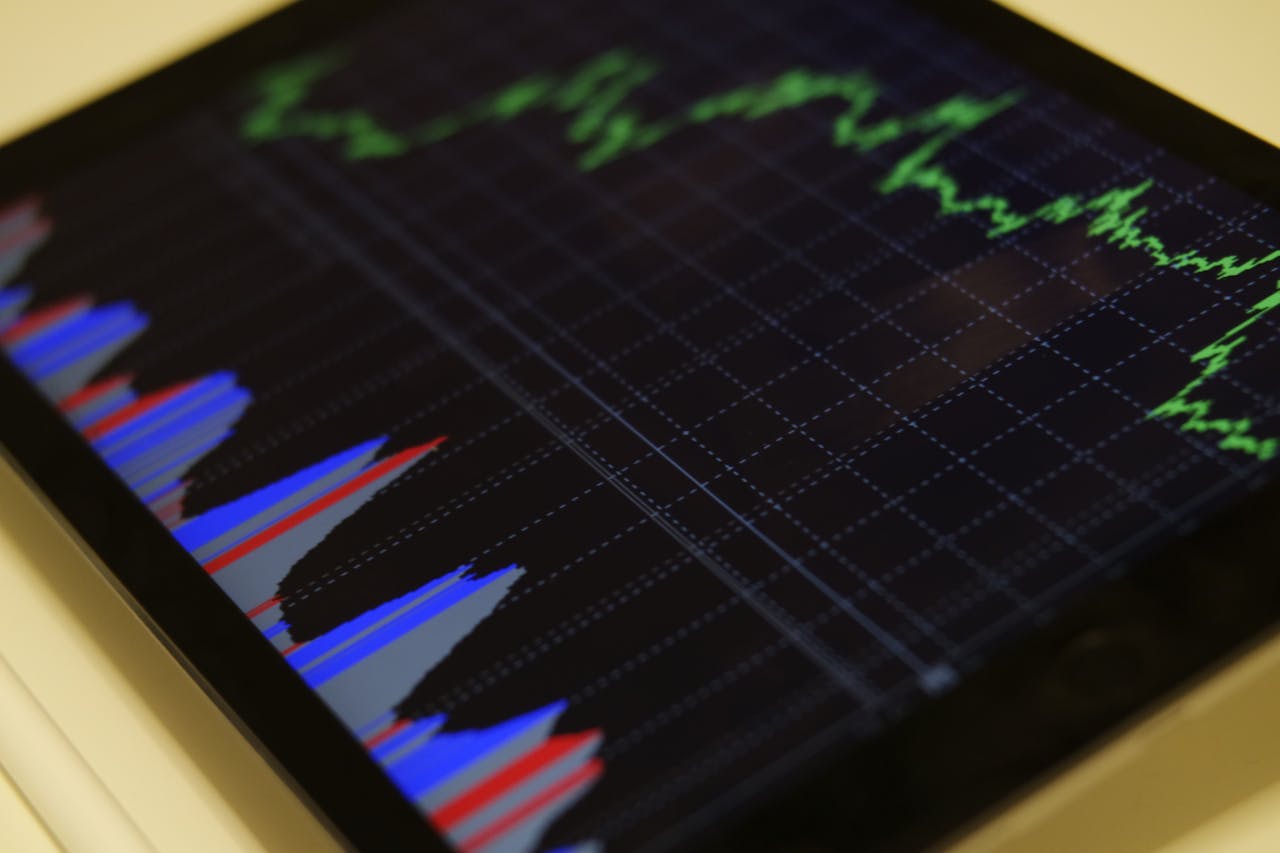
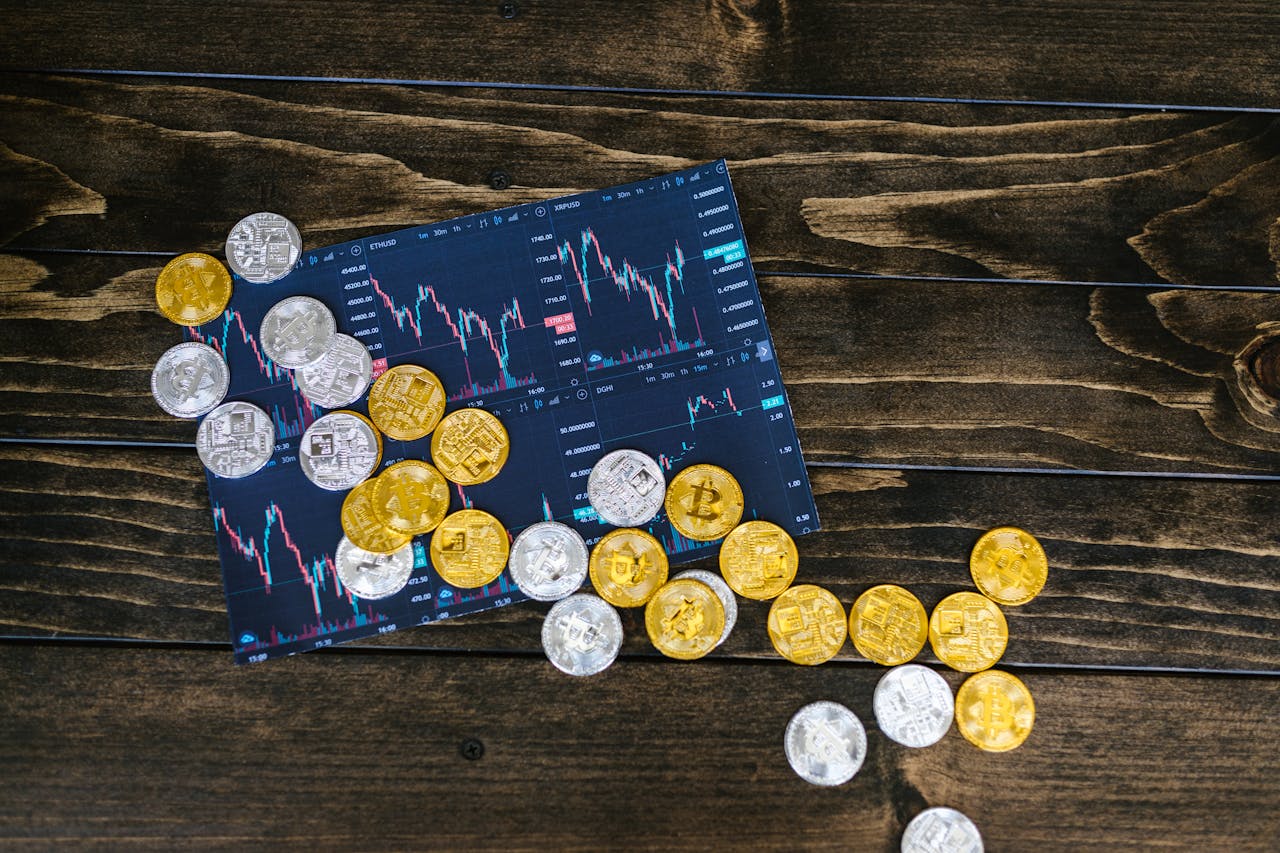

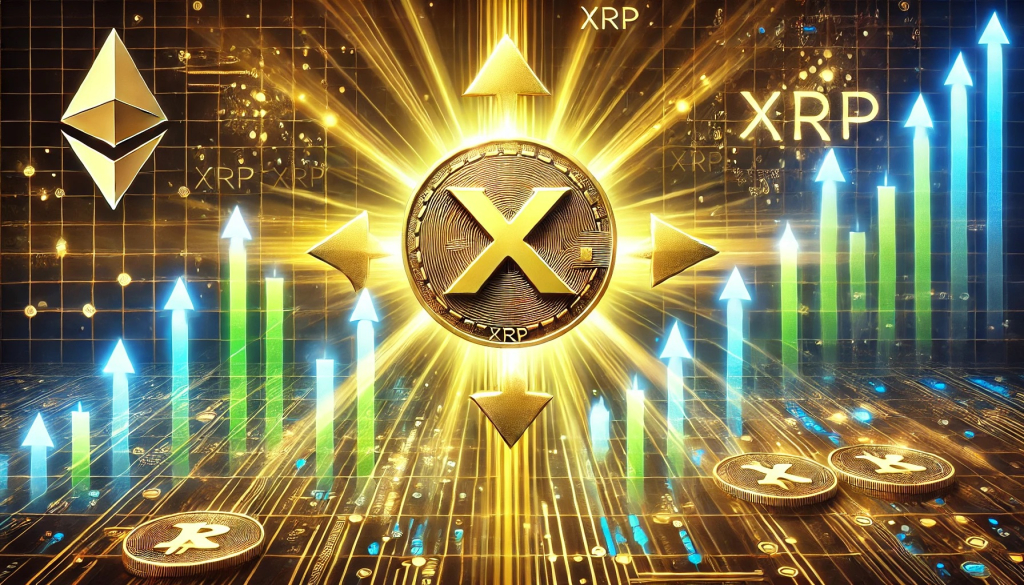
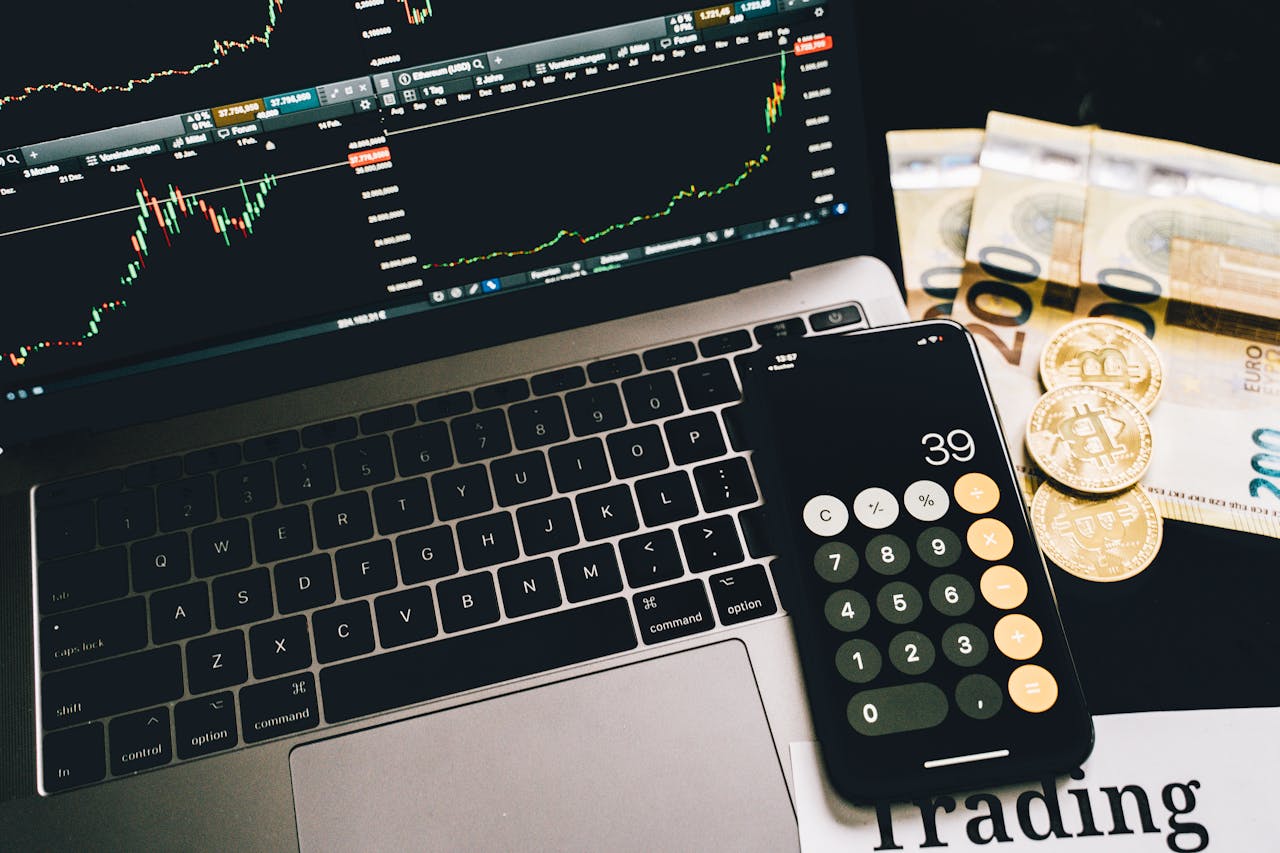


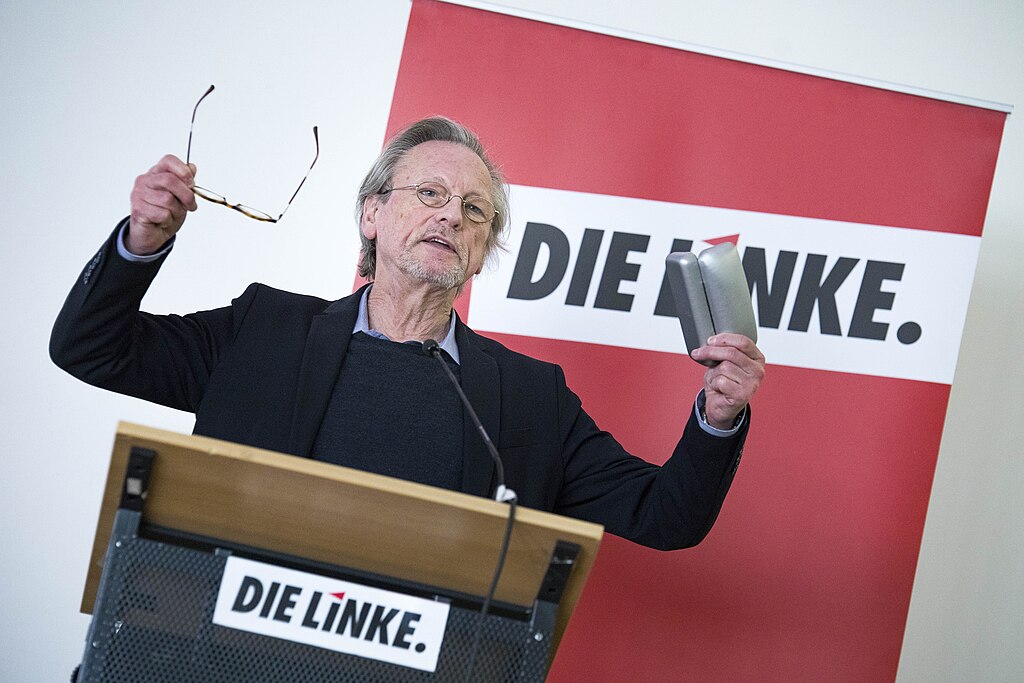



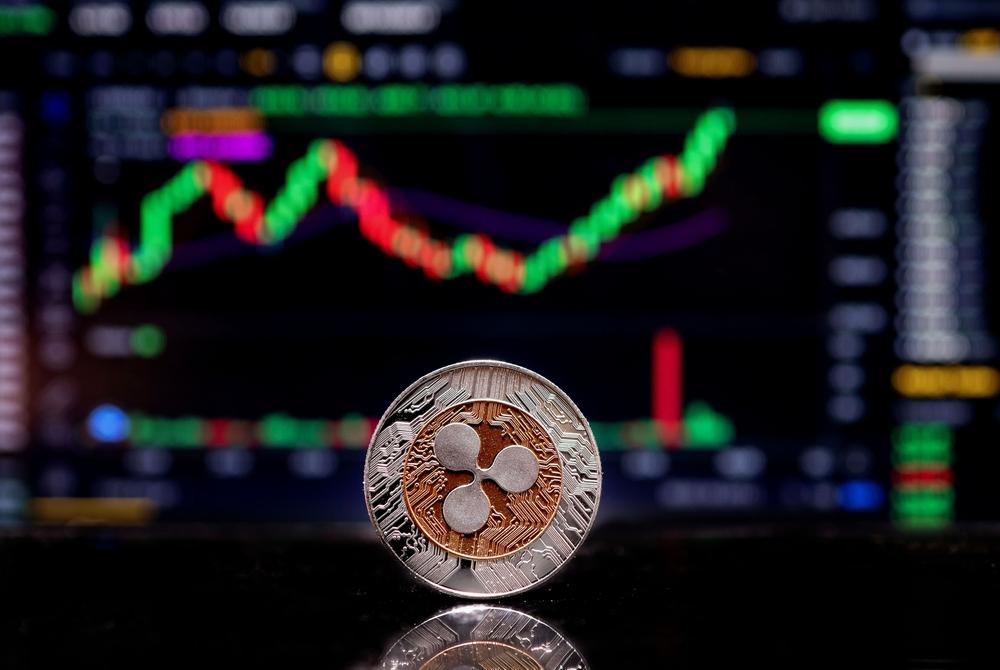


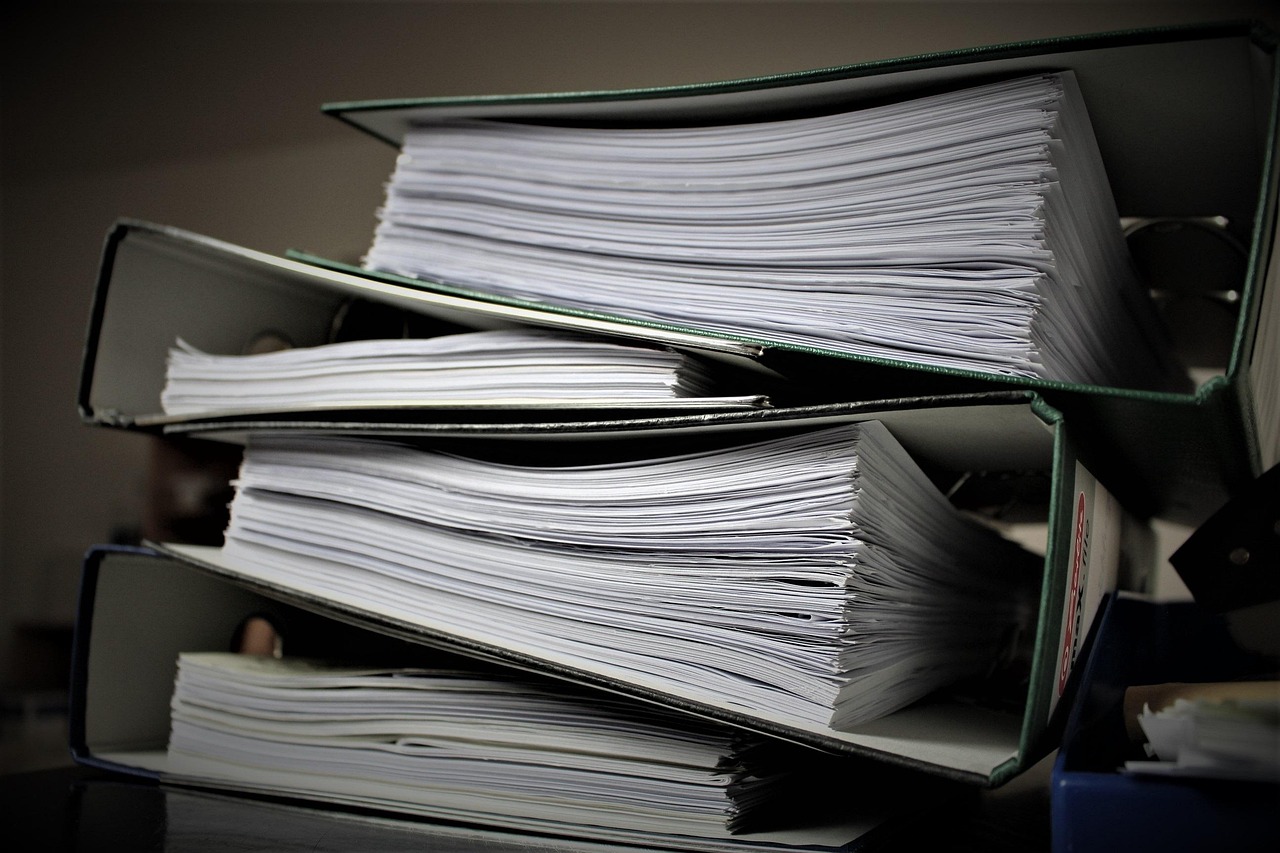



Comment 0